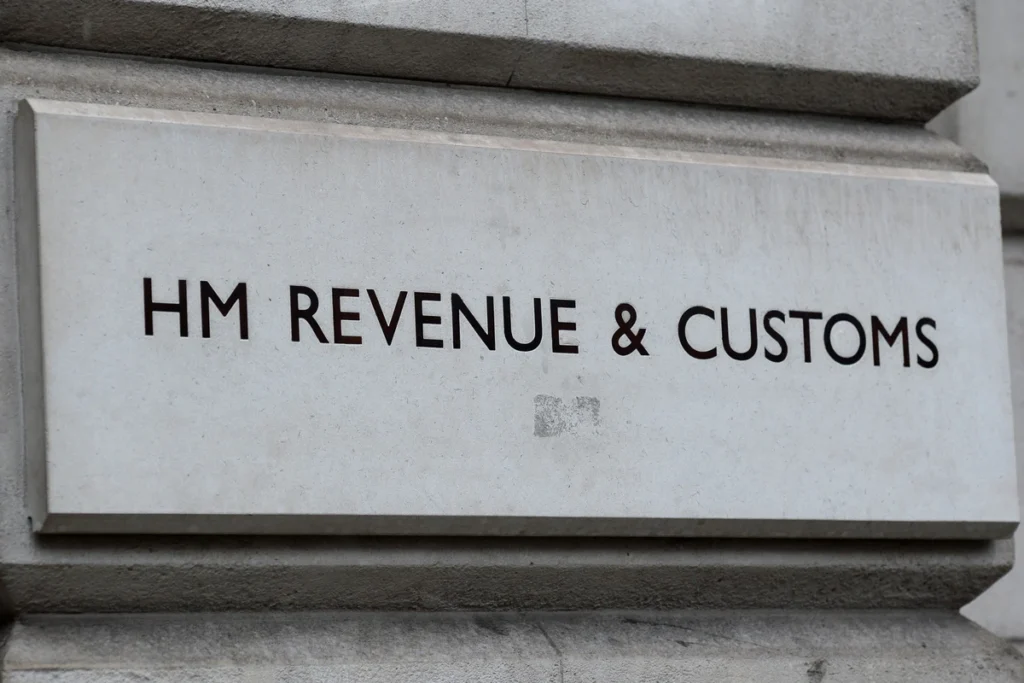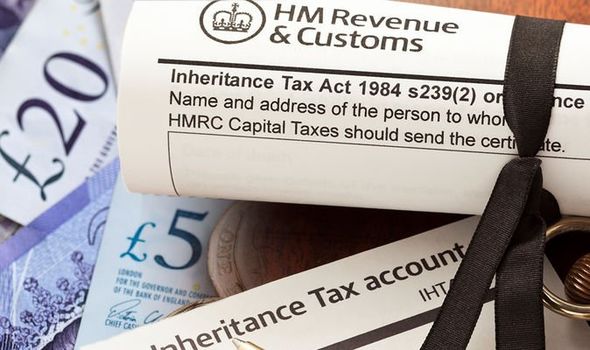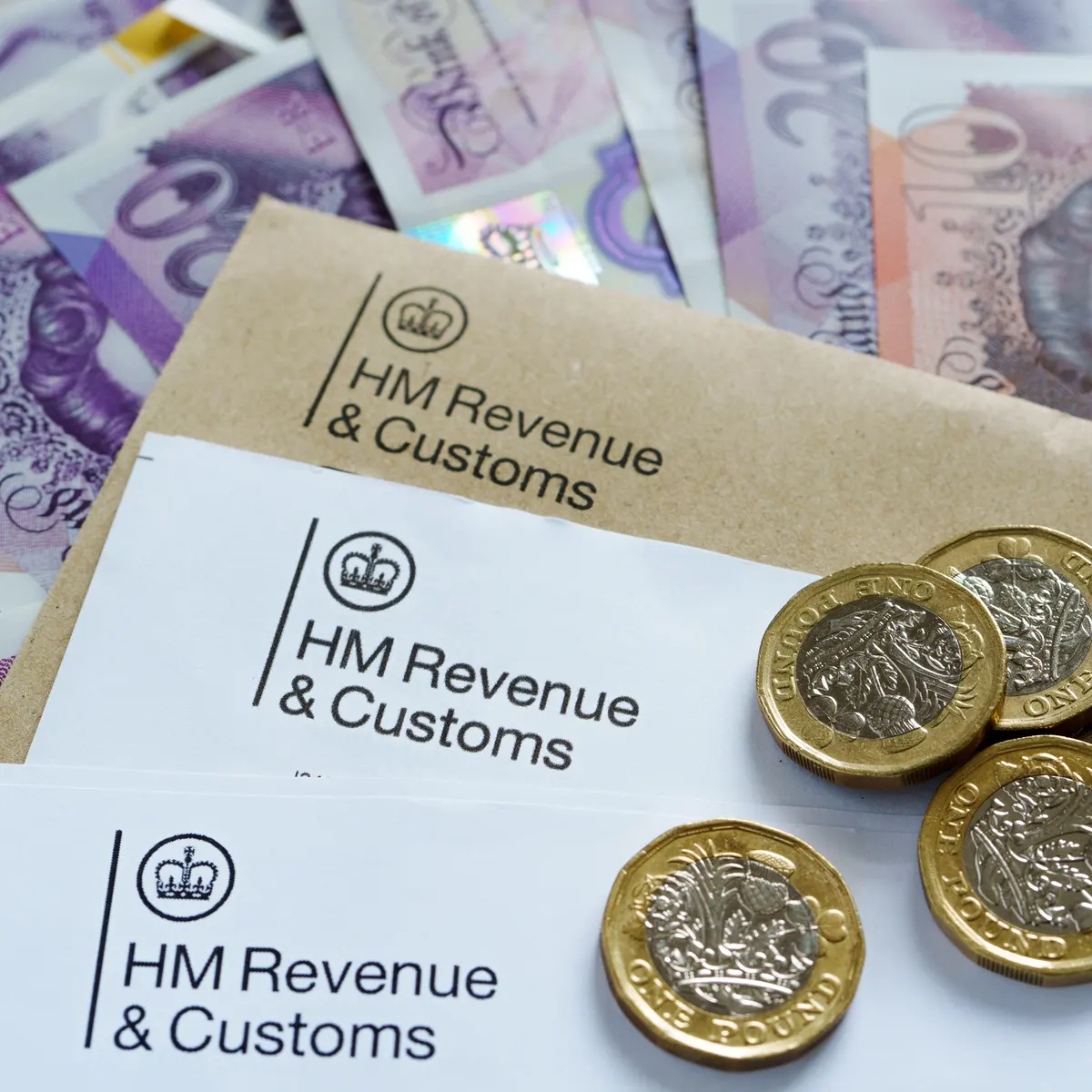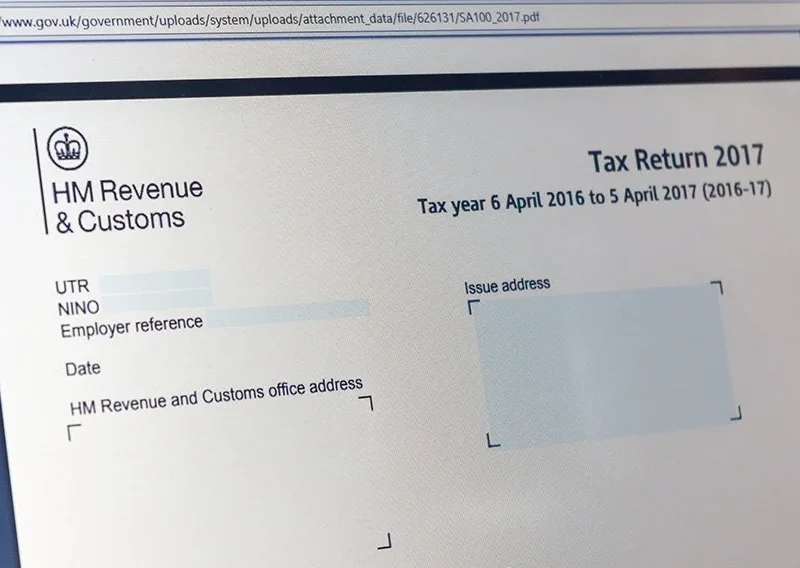In the UK, you generally don’t need to declare cash gifts to HMRC (Her Majesty’s Revenue and Customs) unless they’re related to inheritance or certain types of financial transactions, like those involving trusts or businesses.
However, if you receive a cash gift and it generates income, such as interest from savings, you may need to declare that income to HMRC.
It’s always a good idea to consult with a tax advisor or visit the HMRC website for specific guidance tailored to your situation.
What is HMRC’s role in gift declaration?

HMRC, or Her Majesty’s Revenue and Customs in the United Kingdom, doesn’t typically involve itself in gift declaration unless the gifts are subject to taxation, such as inheritance tax or capital gains tax. In the UK, individuals can make gifts to others without incurring tax liabilities as long as certain conditions are met.
However, if the gift exceeds certain thresholds or if it involves complex arrangements, it may need to be declared to HMRC for tax purposes. HMRC’s role is to ensure that appropriate taxes are paid on gifts that are subject to taxation under UK law.
How do HMRC’s rules affect cash gift declaration?
HMRC’s rules regarding cash gift declaration primarily revolve around taxation, particularly inheritance tax (IHT) and potentially capital gains tax (CGT) in certain situations. Here’s how HMRC’s rules generally affect cash gift declaration:
Inheritance Tax (IHT)
Inheritance tax is a tax on the estate (the property, money, and possessions) of someone who has died. Each individual in the UK has a tax-free allowance known as the “nil-rate band.” As of my last update, this amount was £325,000.
Gifts made during a person’s lifetime are subject to inheritance tax if they exceed certain thresholds. The annual exemption allows individuals to gift up to £3,000 each tax year without incurring inheritance tax. Unused annual exemptions from the previous tax year can be carried forward for one year only.
There are other exemptions from inheritance tax, such as gifts to spouses or civil partners, gifts to charities, and gifts for the maintenance of a family member. Larger gifts, known as potentially exempt transfers (PETs), become exempt from inheritance tax if the donor survives for seven years after making the gift.
Small Gifts Exemption
The small gifts exemption allows individuals to gift up to £250 to as many people as they like in a tax year without incurring inheritance tax.
This exemption is useful for making small, token gifts to family and friends without worrying about tax implications.
Potentially Exempt Transfers (PETs)
Gifts above the annual exemption and small gifts exemption are considered potentially exempt transfers (PETs).
If the donor survives for seven years after making a PET, the gift becomes exempt from inheritance tax.
Furthermore, if the donor passes away within the seven-year period, the value of the gift might be subject to inheritance tax, but the tax liability reduces on a sliding scale known as “taper relief.”
Declaration and Record-Keeping
While there’s no formal requirement to report cash gifts to HMRC unless they’re subject to taxation, it’s advisable to keep records of significant gifts.
Documentation such as bank statements, receipts, or written agreements can help to demonstrate the nature of the gifts and when they were made.
This documentation may be useful in the event of an inheritance tax assessment or if questions arise regarding the origin of funds.
Income Tax and Capital Gains Tax:
Generally, receiving a cash gift doesn’t trigger income tax liability for the recipient.
However, any income generated by the cash gift (e.g., interest from a cash deposit) may be subject to income tax.
If the cash gift is an asset that has increased in value since acquisition (e.g., shares), the recipient may incur capital gains tax if they sell the asset in the future.
What circumstances require cash gift declaration to HMRC?

Cash gift declaration to HMRC is generally required in specific circumstances, primarily when the gift triggers taxation, such as inheritance tax (IHT) or potentially capital gains tax (CGT). Here are the main circumstances that might necessitate cash gift declaration to HMRC:
Inheritance Tax (IHT)
If an individual makes gifts exceeding the annual exemption limit (£3,000 per donor per tax year), they may need to declare these gifts to HMRC for potential inheritance tax liability.
Larger gifts, known as PETs, become subject to inheritance tax if the donor passes away within seven years of making the gift. In such cases, the value of the gift may need to be declared to HMRC for assessment.
Gifts that don’t qualify for exemptions, such as gifts to non-exempt individuals or gifts exceeding exemption thresholds, may need to be declared for inheritance tax purposes.
Capital Gains Tax (CGT)
If a cash gift involves the transfer of assets, such as shares or property, and the value of those assets has appreciated since acquisition, there may be capital gains tax implications for the donor. In such cases, the donor may need to report the gift and any resulting capital gains to HMRC.
In addition, if an individual sells assets to raise cash for making gifts and realizes capital gains on the disposal of those assets, they may need to declare the capital gains to HMRC.
Income Tax
Income generated from gifts: While receiving a cash gift itself doesn’t typically incur income tax liability for the recipient, any income generated by the gifted funds (e.g., interest or dividends) may be subject to income tax. Recipients may need to declare such income to HMRC.
Record-Keeping
Even if gifts don’t trigger immediate tax liabilities, it’s advisable to keep records of significant gifts, especially those that could potentially be subject to inheritance tax in the future.
Documentation such as bank statements, receipts, or written agreements can help substantiate the nature and timing of the gifts if HMRC inquiries arise.
How to ensure compliance when reporting cash gifts to HMRC?
Ensuring compliance when reporting cash gifts to HMRC involves understanding the relevant tax rules, keeping accurate records, and reporting any taxable gifts promptly. Here’s a guide on how to ensure compliance:
- Know the Rules: Learn about the tax rules for giving and getting cash gifts.
- Keep Good Records: Write down all the cash gifts you give and receive, and keep any papers about them safe.
- Limits Are Important: There are limits on how much money you can give or get as a gift without paying tax. Make sure your gifts are within these limits.
- Tell HMRC about Tax: If you need to pay tax on a gift, you should tell HMRC about it. Use their forms or website to do this.
- Ask for Help if You Need It: If you’re not sure about the rules or what to do, ask a grown-up like a teacher or parent, or someone who knows about taxes.
- Stay Updated: Tax rules can change, so keep an eye out for any updates to make sure you’re doing things the right way.
- Be Honest with HMRC: If HMRC asks you about your gifts, tell them the truth and give them the information they need. It’s important to be honest.
FAQ’s
Can I give $50,000 to my son in the UK?
Yes, you can give $50,000 to your son in the UK, but it may have tax implications depending on UK tax laws.
Can I gift 100k to my son in the UK?
Yes, you can gift £100,000 to your son in the UK, but it may have tax implications depending on UK tax laws.
Do I pay tax on money gifted to me in the UK?
Generally, no, you don’t pay tax on money gifted to you in the UK. However, there might be exceptions for certain types of gifts or if they generate income.
Can I gift cash to my son?
Yes, you can gift cash to your son in the UK. However, if the gift exceeds certain limits, it might be subject to taxation.
How much money can you gift a family member?
In the UK, you can gift up to £3,000 per year without incurring inheritance tax. Additionally, there are other exemptions and limits depending on the type of gift and your relationship with the recipient.
Final Words
It’s important to know the rules about telling HMRC about cash gifts in the UK. If you follow these rules, you won’t have any problems with taxes. Just remember to report any cash gifts you need to tell HMRC about. If you’re not sure what to do, ask a tax advisor or look on the HMRC website for help.
By being careful and doing what HMRC says, you’ll stay out of trouble with cash gifts and taxes in the UK.



